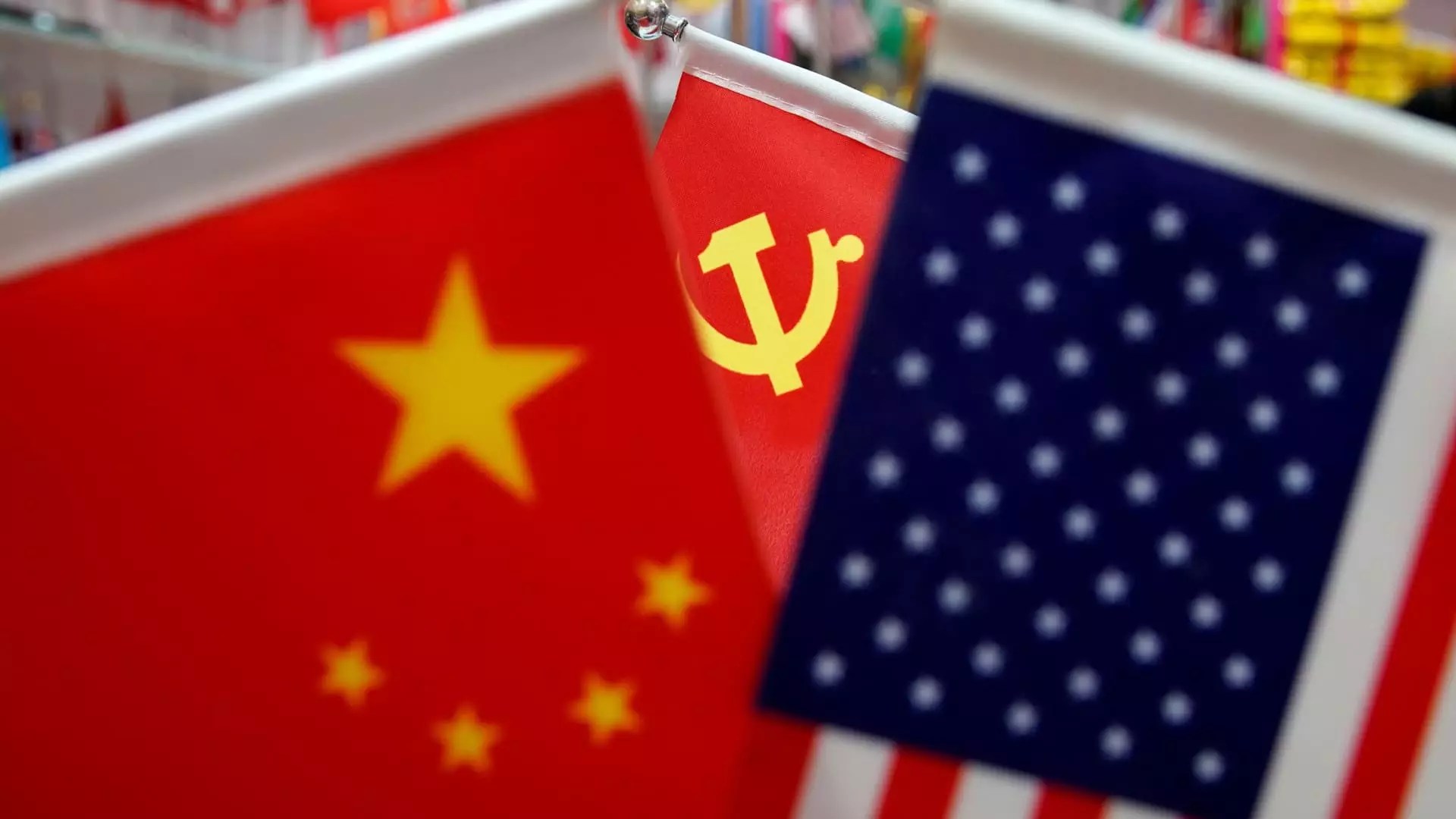In the wake of the U.S. presidential elections, China’s leadership has swiftly underscored its desire for constructive engagement with the United States. The day after President-elect Donald Trump solidified his position for another term, He Yongqian, spokesperson for China’s Ministry of Commerce, articulated a vision rooted in “mutual respect,” “peaceful coexistence,” and “win-win cooperation.” This statement was not merely a courtesy but an invitation for dialogue amidst rising tensions caused by trade disputes and potential tariff escalations.
The spokesperson’s emphasis on collaboration may signify an attempt to preemptively mitigate the anxieties that have engulfed Sino-American relations, particularly concerning the prospect of heightened trade barriers. He Yongqian highlighted the importance of communication in navigating the complexities of economic interaction, suggesting that both nations could benefit from stabilizing their economic ties. Such diplomatic overtures appear to be an urgent call for re-establishing a framework for collaboration that considers both nations’ interests while addressing their differences.
Historical Context and Future Implications
Historically, the U.S.-China relationship has oscillated between cooperative and confrontational phases, often hinging on the political landscape of both nations. Under Trump’s first term, bilateral ties soured significantly, characterized by a series of punitive tariffs and aggressive trade policies that strained economic ties. Analysts, like Yue Su of the Economist Intelligence Unit, anticipate a continuation of this trend with new tariffs on Chinese goods likely in the near future. The potential invocation of the International Emergency Economic Powers Act could allow Trump to impose new tariffs swiftly, signaling a hardline approach even before he officially resumes his presidency.
However, not all analysts are pessimistic. David Chao from Invesco posits that the worst-case scenarios for tariffs may not materialize, indicating a strategic pivot towards favoring negotiations over unilateral sanctions. Chao’s suggestion that the administration may prioritize securing concessions over imposing drastic tariffs suggests a nuanced understanding of the geopolitical landscape. The potential for a 10% tariff on all imports from China, while still problematic, might be seen as a calculated measure rather than a categorical escalation, aiming to balance economic leverage with diplomatic prudence.
Beyond Tariffs: The Bigger Picture
While tariffs dominate headlines, they represent but one facet of a multifaceted relationship. Issues surrounding technology dominance, intellectual property theft, and geopolitical maneuvers in the Asia-Pacific region will continue to complicate bilateral relations. President Xi Jinping’s previous calls for constructive cooperation with the United States further emphasize the necessity of collaboration beyond mere trade policy; indeed, both countries may benefit from aligning their technological and economic trajectories in a way that fosters global stability.
Looking forward, the U.S.-China relationship will remain integral not just for the two nations, but also for global economic health. A collaborative approach that encourages dialogue could pave the way for sustainable solutions to multifaceted challenges—from trade balances to climate change. As the new administration prepares for its term, it stands at a crossroads where it can choose to embrace a cooperative spirit or continue the cycle of confrontation; how it proceeds could ultimately shape the future dynamics of global trade and politics.


Leave a Reply